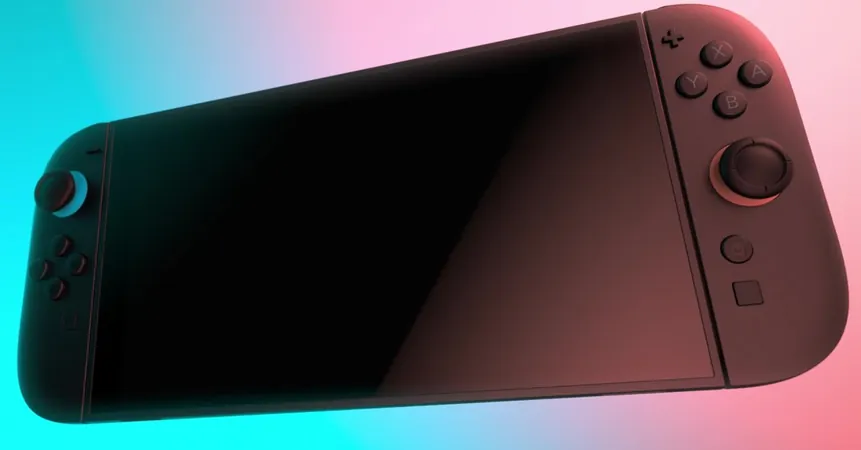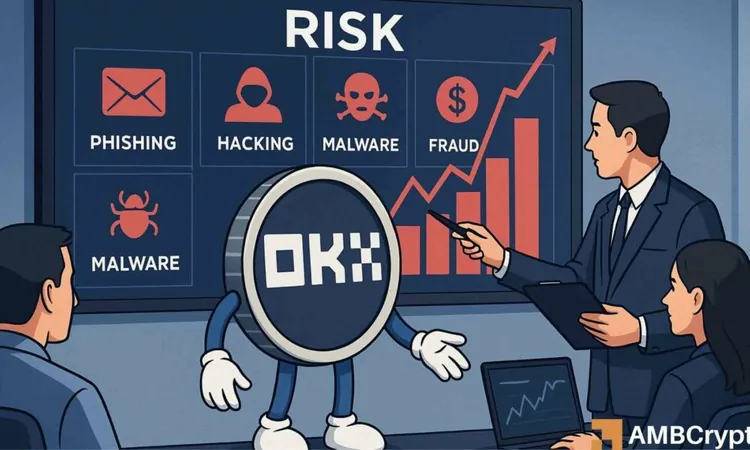
Is Nintendo Shielding Itself from Lawsuits with New EULA Clause?
2025-05-09
Author: Ting
Nintendo Tightens Legal Grip with New EULA Changes
In a surprising move, Nintendo has updated its End User License Agreement (EULA) to include an anti-arbitration clause that could make it significantly harder for consumers to take legal action against the gaming giant. The new clause, tucked away in section 16, effectively disallows users from filing class action lawsuits, shifting the power dynamics between players and the company.
What Does the Clause Say?
Originally highlighted on the Nintendo subreddit and later confirmed by GamesRadar+, the newly added section reads: This arbitration provision precludes you and Nintendo from suing in court, having a trial by jury, or participating in a class action. You and Nintendo agree that arbitration will be solely on an individual basis and not as a class arbitration, class action, or any other kind of representative proceeding. You and Nintendo are each waiving the right to trial by a jury.
Directing Complaints Elsewhere
Instead of facing disputes in a courtroom, Nintendo is urging dissatisfied customers to utilize their Contact Center for complaints. However, players who wish to opt out of this arbitration clause have a small window: they must send a written notice within 30 days of agreeing to the EULA.
Legal Boundaries Defined
For those who decide to accept the arbitration terms, section 18 of the EULA stipulates that all claims, including those related to intellectual property, will be governed by Washington State law and must be settled in King County courts. Interestingly, both parties must accept this jurisdiction, which may limit users' options.
Are Class Action Lawsuits on Nintendo's Radar?
This shift in legal stance may be a preemptive measure by Nintendo, especially in light of recent class action lawsuits regarding Joy-Con drift in 2019 and 2020. By solidifying its legal framework, the company seems keen on avoiding similar challenges in the future.
What Does This Mean for Gamers?
As this new EULA takes effect, gamers might find themselves with fewer avenues for recourse against Nintendo's practices. It raises important questions about consumer rights in the gaming industry and how companies can protect themselves at the expense of their customers. Will players comply, or will this fuel a new wave of dissatisfaction? Only time will tell.


 Brasil (PT)
Brasil (PT)
 Canada (EN)
Canada (EN)
 Chile (ES)
Chile (ES)
 Česko (CS)
Česko (CS)
 대한민국 (KO)
대한민국 (KO)
 España (ES)
España (ES)
 France (FR)
France (FR)
 Hong Kong (EN)
Hong Kong (EN)
 Italia (IT)
Italia (IT)
 日本 (JA)
日本 (JA)
 Magyarország (HU)
Magyarország (HU)
 Norge (NO)
Norge (NO)
 Polska (PL)
Polska (PL)
 Schweiz (DE)
Schweiz (DE)
 Singapore (EN)
Singapore (EN)
 Sverige (SV)
Sverige (SV)
 Suomi (FI)
Suomi (FI)
 Türkiye (TR)
Türkiye (TR)
 الإمارات العربية المتحدة (AR)
الإمارات العربية المتحدة (AR)